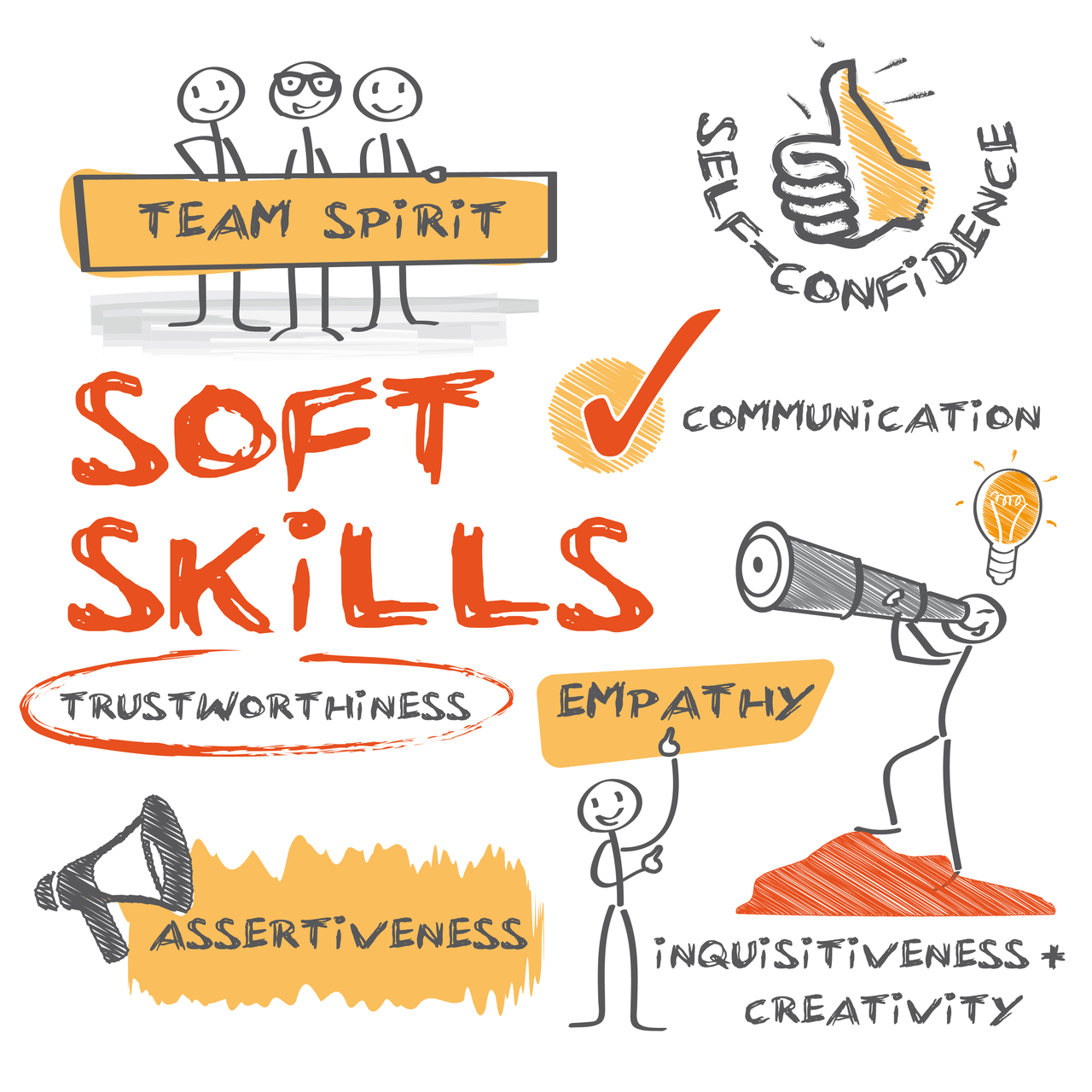
Drop off your Resume
At Pareto, we go above and beyond to find the right fit for both you and a prospective employer. Taking people of high potential and placing them in positions where they can excel.
Article by Jeb Blount for Discover Org. The speed and complexity of the modern mark...

Article by Jeb Blount for Discover Org.
The speed and complexity of the modern marketplace is the domain of intellectual agility.
Jeb Blount, author and sales acceleration specialist, knows well how successful sales professionals (ultra-high performers) possess four types of intelligence that are tightly intertwined – each connecting, affecting, and amplifying the others:
Ultra-high performers combine high IQ, AQ, and TQ with high EQ to dominate their competitors.
 1. Intellectual curiosity shows Innate Intelligence (IQ)
1. Intellectual curiosity shows Innate Intelligence (IQ)Your intelligence quotient (IQ) is an indicator of how smart you are. Innate intelligence is baked into your DNA. It is a talent no different than athleticism. You are either born with a certain IQ or you are not. IQ is immovable.
In other words, you are as smart as you will ever be.
Ultra-high sales performers are smart people. They are keen observers and have insatiable curiosity. They have the innate ability to connect disparate ideas, data, facts and patterns to develop unique and original solutions to problems—a critical competency in sales for discovery, challenging the status quo, and developing unique solutions and recommendations.
In sales, where emotions rather than rational decision making carry the day, IQ is just part of the performance equation. We all know people who are very intellectually smart but lack the ability to understand others’ positions. Innate intelligence becomes relevant, useful, and powerful when combined with acquired, technological, and emotional intelligence.
I was delivering a two-day Sales EQ seminar for a client. On the first day, I noticed that a couple of the participants were disengaged. The rest of the group of roughly 20 people were participating and energetic. But these two were almost hostile.
At lunch, I asked the sales leader if there was something going on. He confided that everyone had been excited about the training except for these two, who had complained about having to go back to training. “They think they know it all. But trust me—these guys need this badly because they are struggling to hit their numbers.”
Average salespeople who think they know it all—I see it every day.
Innate intellect is useless on its own. It must be honed and developed; but unlike innate intelligence, acquired intelligence (AQ) is not static.
Regardless of your IQ, you can grow your AQ with schooling, training, reading, along with practice, adversity, and experience. Acquired intelligence makes IQ relevant and useful.
The timing and cadence of follow-up calls, product positioning, even tone of voice are all examples of sales intelligence that is acquired through a learning process.

Technological intelligence (TQ) is the ability to interact with technology and weave it seamlessly into one’s daily life. Those who fail to develop this ability (or who resist developing) it will be left behind.
As technology—especially artificial intelligence—becomes a ubiquitous part of daily life, humans with high TQ will thrive in ways that humans with low TQ will not.
It is essential that salespeople adapt quickly to working with machines. Salespeople can no longer afford to claim that they are “not computer savvy.” If you don’t get tech savvy – and quickly – you will be left behind, and out of a job. At the very least, you’ll be doing twice as much work as your tech-savvy colleagues.
In the future, there will be two types of salespeople. The first group will tell machines what to do. The second group will be told what to do by machines. Trust me, you want to be in the first group.
Mastery of sales-specific emotional intelligence (Sales EQ) explains why one person becomes an ultra-high sales performer while another is just average, even though the intellectual ability, knowledge, and available sales tools and technology of the two people are equal.
Sales professionals who invest in developing and improving EQ gain a decisive competitive advantage in the hyper-competitive global marketplace.
The ability to perceive, correctly interpret, respond to, and effectively manage one’s own emotions and influence the emotions of others is called emotional intelligence (EQ).
Today, the impact of sales-specific emotional intelligence (Sales EQ) on sales performance can no longer be ignored. Buyers are starving for authentic human interaction.
Even the most poker-faced buyers offer contextual information about how they’re feeling. A long pause might indicate hesitation, in which case, a savvy salesperson might explain a benefit better, or offer a use case. A higher-pitched voice might indicate false excitement, in which case the salesperson might explore whether the target buyer is really as committed as they say. This has little to do with intellectual ability and less to do with acquired intelligence – but it’s just as critical.
In our tech-dominated society, interpersonal skills (responding to and managing the emotions of others) and intrapersonal skills (managing your own disruptive emotions) are more essential to success in sales than at any point in history.
Emotional intelligence is the key that unlocks ultra-high sales performance.